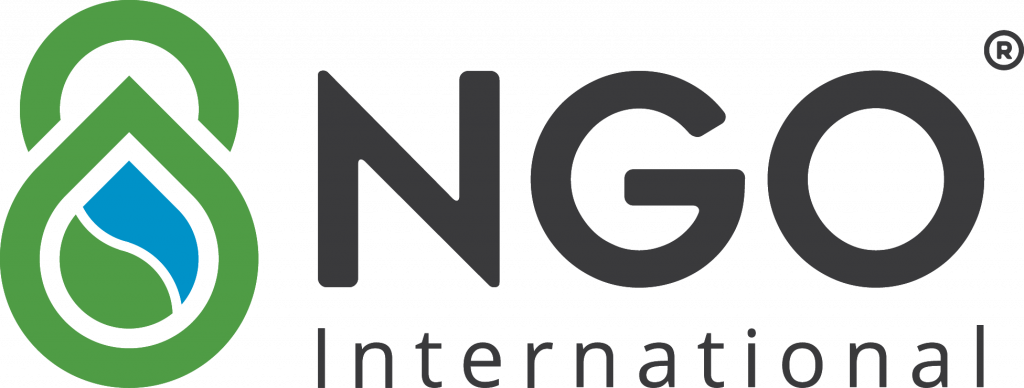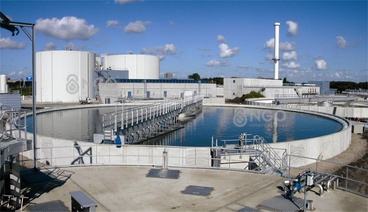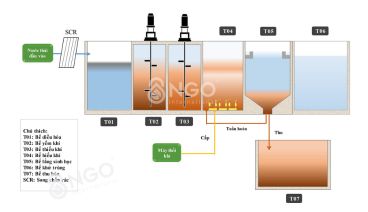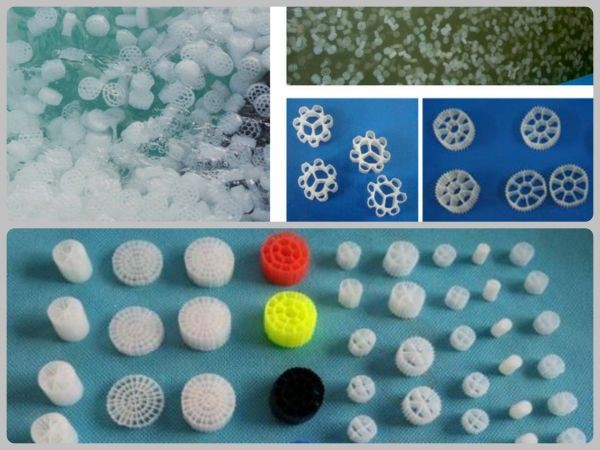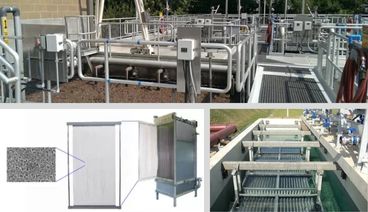NGO – Activated sludge is a method by which microorganisms in wastewater attach to suspended substances in it to reside, reproduce, and grow and these microorganisms use organic matter in the water as food at the same time. The decomposition of organic matter increases biomass and gradually forms cotton particles called activated sludge.
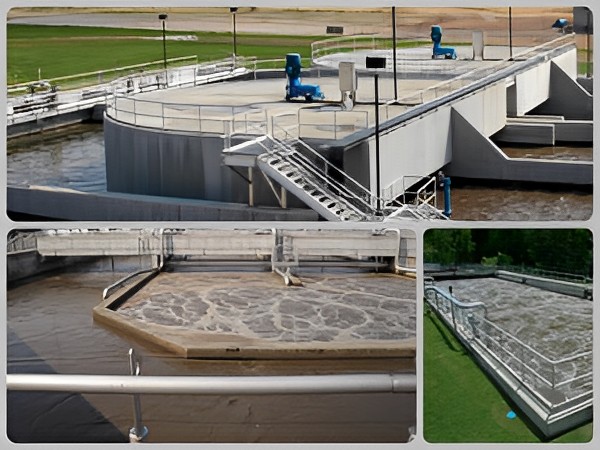
1. Operating principle
Wastewater treatment by microorganisms adsorb on suspended solids. Water quality depends on the sedimentation ability of activated sludge and the magnitude of the reactor tanks
Process reaction is aerobic microorganisms (tank aeroten)
2. Advantages
- Less investment because the cost mainly include civil work and some equipment such as aeration, pump, mixer. No advanced technology is applied.
- Many suppliers can provide CAS solution
- Outlet water quality can meet B or A standard, depend on the size of tanks
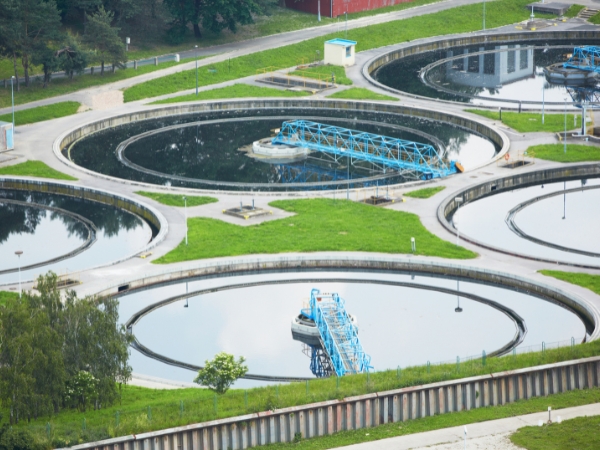
3. Disadvantages
- Outlet water quality depends on sedimentation ability of activated sludge and size of tanks. For good outlet water quality, will require more land area to build up system.
- Concentration of activated sludge in CAS system normally remains in the range from 3-5g/L, so that sludge can settle down, If Concentration is higher, sludge can over flow or turbility of outlet water may increase
- Generate large amount of surplus sludge, cost of sludge treatment is very high
- Higher power cost to provide oxygen to maintain live biomass
- Outlet water quality may fluctuate, because sedimentation of sludge depends on many factors such as temperature, MLSS concentration, organic load and hydraulic load of inlet waste water, etc
- Require large footprint
- Require disinfection chemicals
- Rarely meet the requirment of Amoni (NH4) treatment
3. Common design


***Vui lòng đọc kỹ yêu cầu về Điều khoản sử dụng – Bản quyền trước khi sao chép hoặc trích dẫn nội dung và hình ảnh của website.
Trang web này thuộc bản quyền của Công ty TNHH Quốc tế NGO (NGO International). Bất kỳ hình thức sử dụng hoặc sao chép một phần hoặc toàn bộ nội dung dưới mọi hình thức đều bị nghiêm cấm, trừ trường hợp được sự cho phép rõ ràng bằng văn bản từ Chúng tôi.

 Tiếng Việt
Tiếng Việt